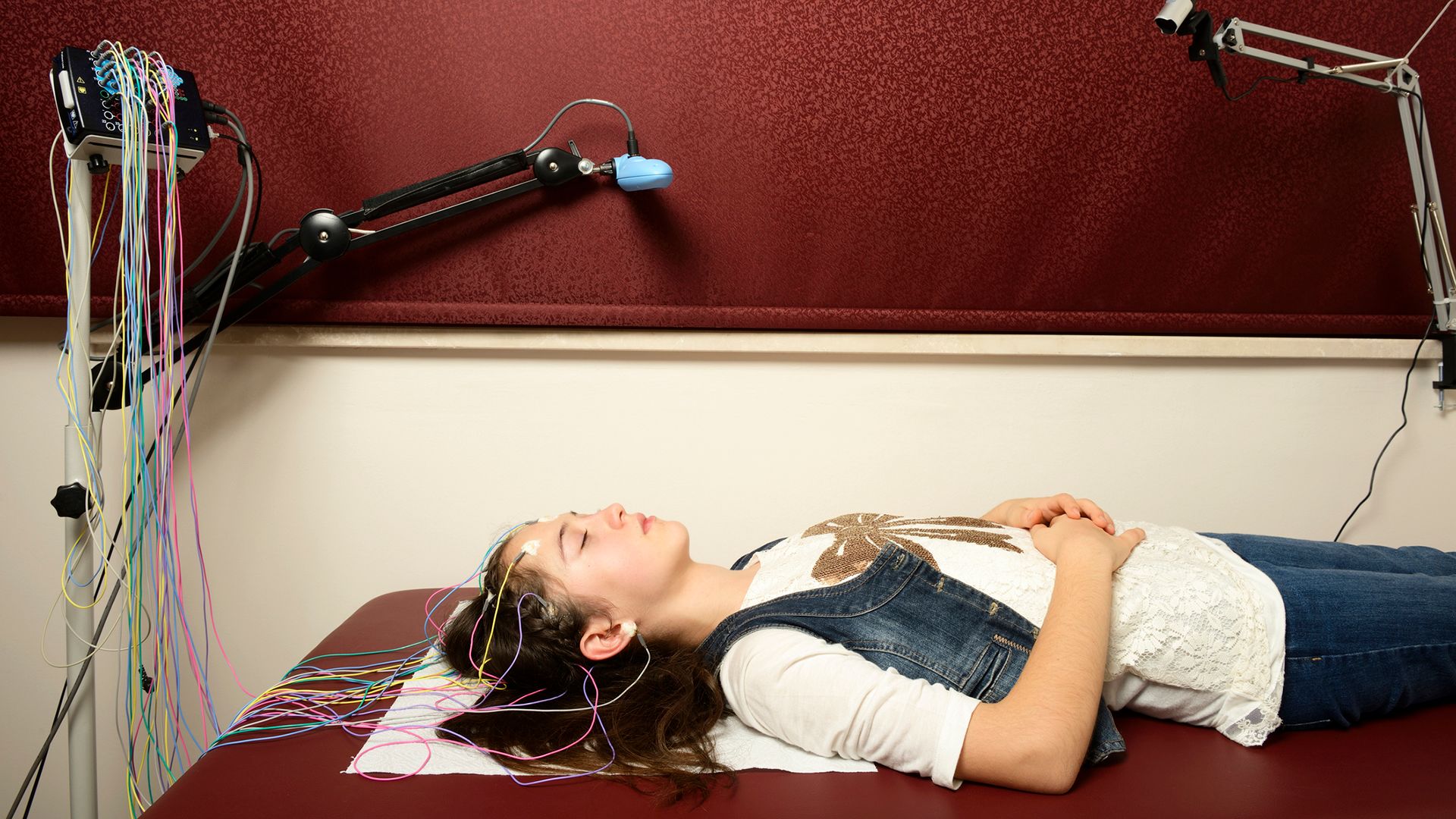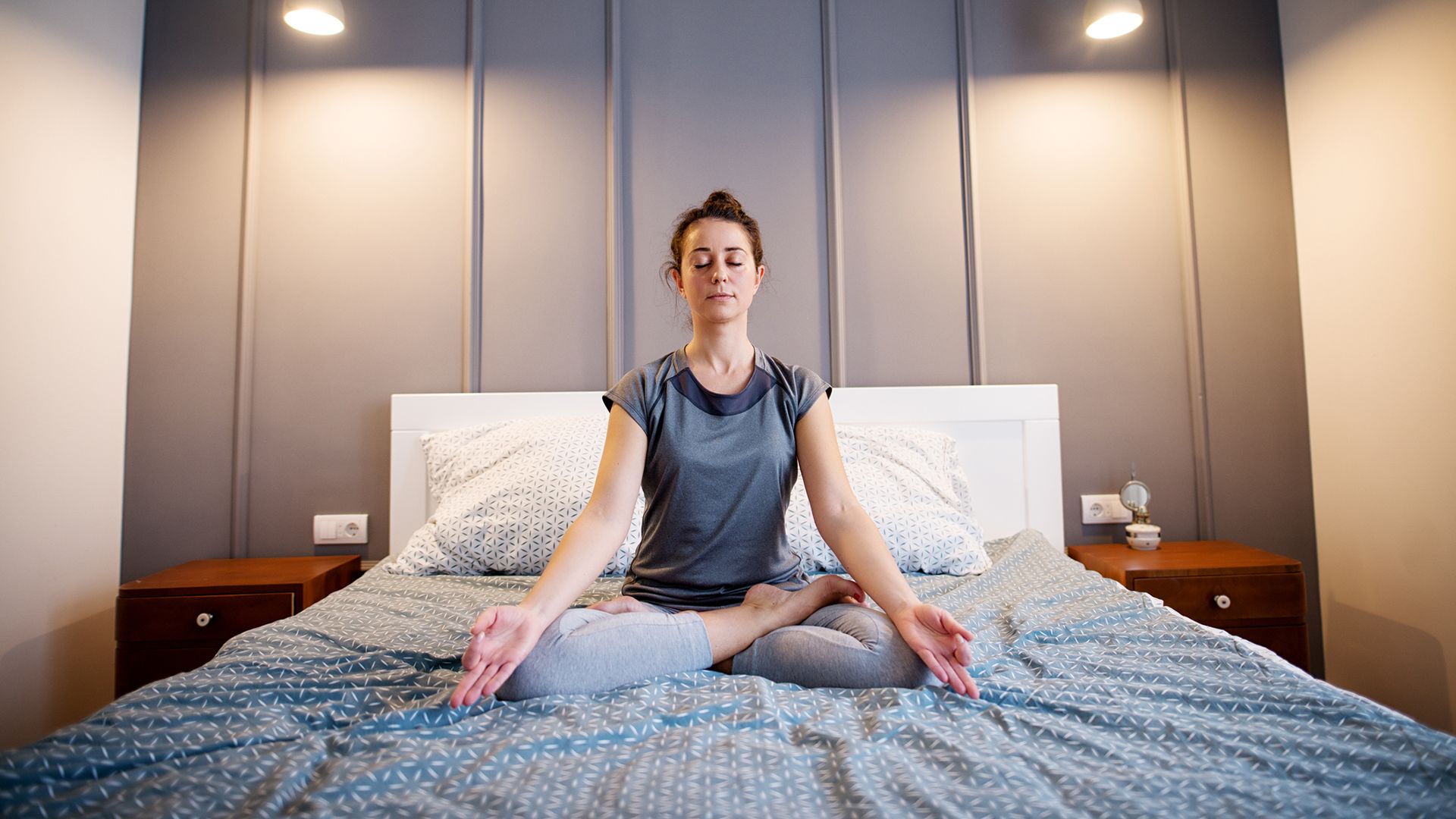Idiopathic hypersomnia (IH) is a rare neurological sleep disorder that causes someone to sleep for long periods of time (ten hours a night or longer) and feel excessively tired during the day despite the hours of sleep.
The tiredness a person with IH experience is called excessive daytime sleepiness (EDS). It is greater than normal fatigue and interferes with daily activities.
Idiopathic hypersomnia is a medical condition that requires treatment. Left untreated, IH can severely impact a person’s quality of life and can even put their health and safety at risk.
Quality of life
Quality of life refers to the ability to function normally on a daily basis. Conditions like IH can impact a person’s quality of life because they directly affect the ability to accomplish tasks or participate in activities. For example, people with IH may have difficulty with concentration and memory.
The onset of IH typically occurs between the ages of 10 and 30, affecting young people who are going to school, studying, or trying to decide what career to pursue. The intense desire to sleep can interfere with social activities, dating, and other formative experiences. Some young people with IH report that they have avoided social situations for fear of falling asleep in front of their friends.
Sometimes, people with IH can face stigma from those around them. Since IH can cause people to feel groggy and sleepy, others may see that sleepiness as laziness, a lack of motivation, or disinterest. This type of stigma can severely affect a person’s mental health, self-esteem, and sense of self-worth.
Because IH affects concentration and memory, it can make it more difficult for someone to take care of their physical health. A person may not have the energy for exercise, preparing meals, or going to healthcare appointments, all of which are essential to long-term health.
Safety
Living with IH or another sleep disorder that causes EDS can also put a person’s safety at risk. Because the desire to sleep can be sudden and uncontrollable for people with IH, things like operating a vehicle or other machinery can become dangerous.
Getting treatment
Treatment typically focuses on improving wakefulness and improving the quality of sleep during the night, which may help reduce daytime sleepiness. There are several medications that may be prescribed to help achieve these goals:
- Stimulants. These are medications that enhance brain activity.
- Non-stimulant wake-promoting medications. These medications increase the brain chemicals that help a person stay awake.
- Central nervous system (CNS) depressants. These medications are taken at night to help reduce daytime sleepiness and are used to treat numerous conditions, including sleep disorders. The only medication specifically approved for the treatment of IH is part of this category.
IH is not a condition that can be managed with lifestyle changes—it requires treatment from a healthcare provider. However, making changes to daily habits and bedtime routines may help a person get more out of treatment (and help them maintain good overall health).
As with medications, lifestyle changes are something that should be discussed with a healthcare provider. Some things to bring up at your appointments:
- Your bedtime routines, including what time you go to bed and what you do before bed on a typical night
- The foods you eat, including how often you consume caffeine and alcohol
- Medications you take, including over-the-counter medications
- Your exercise habits, the potential benefits of exercise, and how to exercise safely
- How IH and daytime sleepiness impact your life
You may also want to keep a sleep journal where you can record the times you went to bed/woke up, the quality of your sleep, and how tired you were during the day. This might help you find patterns and provide other ways you can make changes. You may also benefit from a support group or group therapy to talk to others who understand what you’re going through.
Remember, IH requires treatment, which requires working with a healthcare provider. If you have been diagnosed with IH but are still struggling with symptoms, talk to your healthcare provider about what you are experiencing and what your treatment options are.




